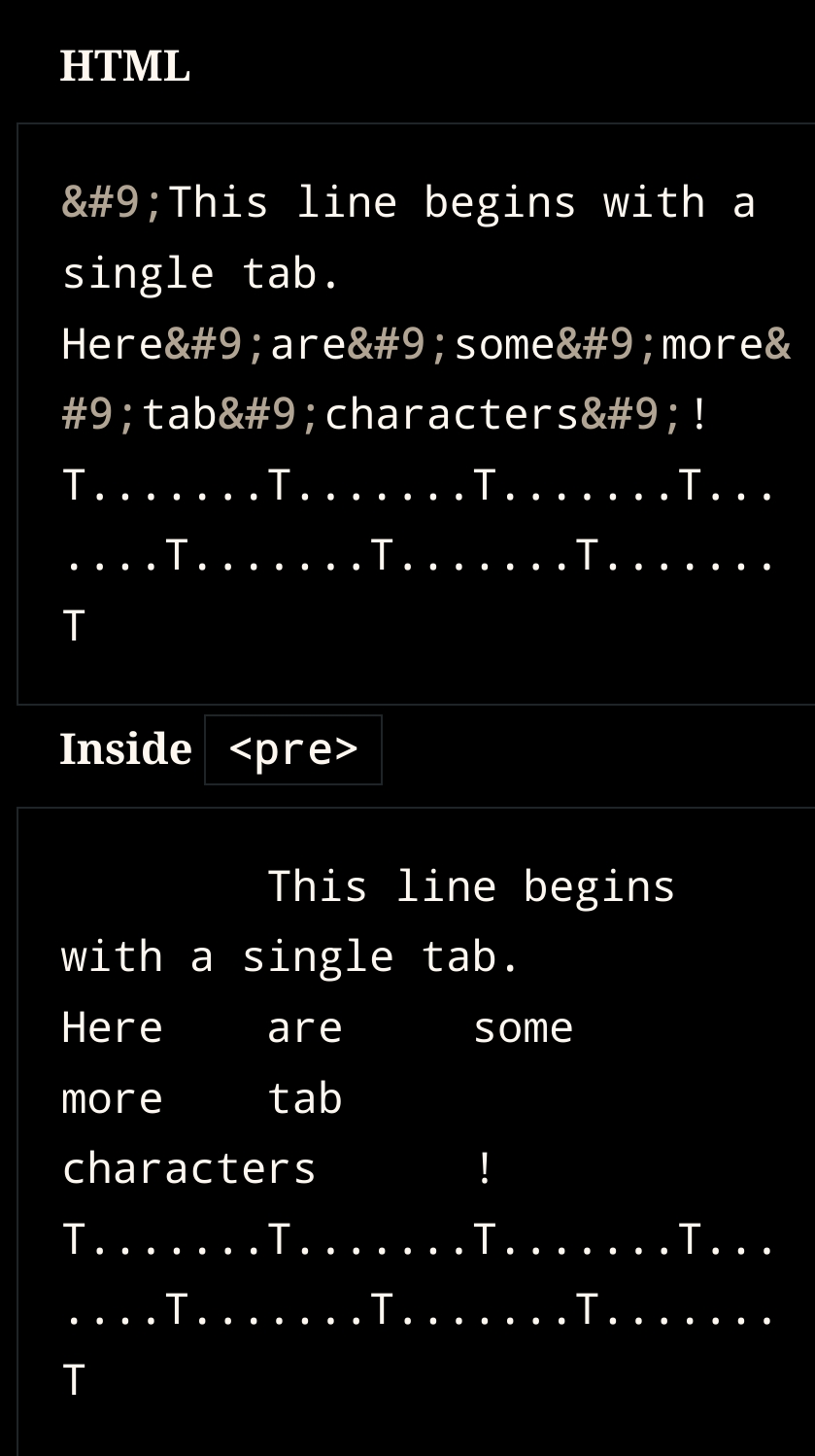

The people designing SQL, not having learned from the mistakes of COBOL, thought that having the syntax as close to English as possible will make it more readable.


The people designing SQL, not having learned from the mistakes of COBOL, thought that having the syntax as close to English as possible will make it more readable.


Nim. It just doesn’t get in the way or have certain annoyances that other languages do.
Indeed. It’s a separator, so using it for indentation doesn’t make sense.
A newline is the separator between lines, so the concept of length doesn’t make sense for it.
15 years ago I was too young for programming, but I’m pretty sure Vim already had the expandtab option at that time.
You’re the one who started the passive-aggressive tone…


Yes, but if you use something like cat, head, less, etc. to view code, or the Python REPL, you’re still going to see the default tab size.


Be specific. Which exact part would you abstract away and how?


It’s not just “might”. Termux is pretty much the only good choice for programming on Android.
I think 9 is the best size for indent (matter of preference), do you think I should switch to space
I think you should switch to an exorcist.


How would you implement, for example, Gaussian elimination with at most 3 levels of nesting?


When you’re operating on such a low level of abstraction, it’s no wonder you don’t need deep nesting.


What environment are you using that has a hardcoded tab size?


Tabs let you define how big you want each indent to be
…except when they don’t. Many common environments have a hardcoded tab size of 8, which is insanely big for using it for indentation.
The horizontal tabulation character moves the cursor to the next column which is a multiple of the tabulation length. See the examples here: https://en.m.wikipedia.org/wiki/Tab_key
At least for me, it renders like this:

Clearly the whitespace produced by each tab character has a different length.
Honestly, I can’t think of an environment that doesn’t have 8-space tabs by default.
I never understood how concatenative programmers can hold the current state of the stack in their head and never get confused about what is where, especially when changing complex code.
Your examples are ironically a great showcase of what I hate about PHP. Java-style object-obsessed programming with long names, piles of design patterns and dozens of imports, along with C-style syntax and dollars before variable names.
Did you have your mouth open while assuming that indenting with spaces actually involves pressing the space bar?
Indentation can be wrong, but braces can’t?
You’ve never needed an array whose size is not known at compile time?
Nim